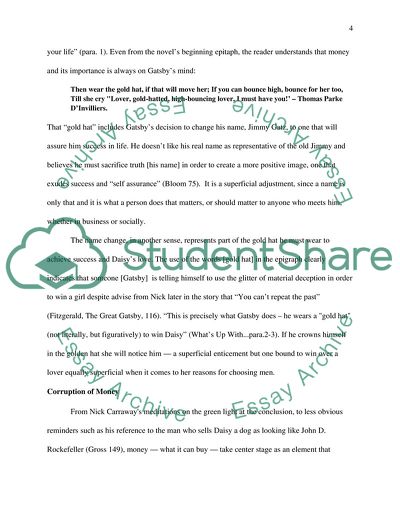Cite this document
(The Great Gatsby Characters Research Paper Example | Topics and Well Written Essays - 1500 words, n.d.)
The Great Gatsby Characters Research Paper Example | Topics and Well Written Essays - 1500 words. Retrieved from https://studentshare.org/literature/1741862-the-great-gatsby
The Great Gatsby Characters Research Paper Example | Topics and Well Written Essays - 1500 words. Retrieved from https://studentshare.org/literature/1741862-the-great-gatsby
(The Great Gatsby Characters Research Paper Example | Topics and Well Written Essays - 1500 Words)
The Great Gatsby Characters Research Paper Example | Topics and Well Written Essays - 1500 Words. https://studentshare.org/literature/1741862-the-great-gatsby.
The Great Gatsby Characters Research Paper Example | Topics and Well Written Essays - 1500 Words. https://studentshare.org/literature/1741862-the-great-gatsby.
“The Great Gatsby Characters Research Paper Example | Topics and Well Written Essays - 1500 Words”, n.d. https://studentshare.org/literature/1741862-the-great-gatsby.


